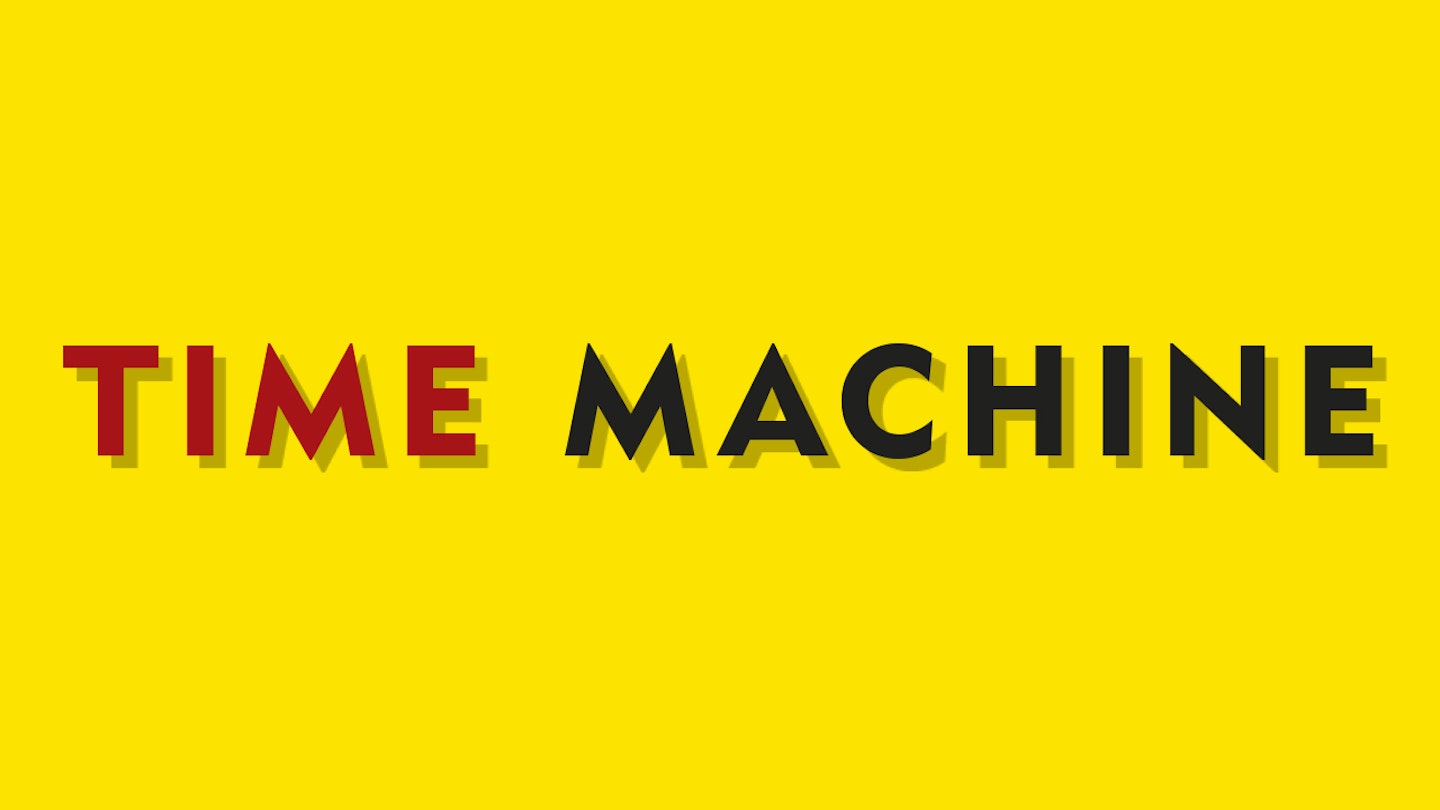7 February, 1987
“If it hadn’t have been for Bruno, there’d have been no Beatles,” declared Ringo Starr. “I was a derelict on the streets when he took me into this club and introduced me to George – the rest is history.”
It was a revealing start for The Return of Bruno, a one hour special that first aired on HBO this February night. The Dick Clark-presented programme allegedly documented the secret history of unsung rock and blues superstar Bruno Radolini, and boasted an unbelievable cast, with Ringo, Elton John, Joan Baez, Brian Wilson, Grace Slick, The Temptations, Jon Bon Jovi, The Bee Gees, Phil Collins, Graham Nash, Bill Graham, Wolfman Jack and other big names stepping up to the plate to reveal how Bruno had affected their lives and inspired them to greater glory.
It was, of course, a spoof rockumentary, a vanity project for film hunk Bruce Willis who was riding high at the time as Cybill Shepherd’s co-star in the Moonlighting series. Willis, who acquired the nickname Bruno as a youth, had always had a hankering for R&B fame, writing in his high-school yearbook that he sought “to become deliriously happy or a professional (mouth) harp player.” For a while, he did just that, becoming part of New York band Loose Goose before moving on to become an actor. A Motown freak, he became part of the label’s roster after Motown president Jay Lasker saw Willis performing the old Barrett Strong hit Money (That’s What I Want) in a Moonlighting episode. “I loved it when he sang those little doo-wop lines and snapped his fingers on the show,” claimed Lasker. “I knew he could make hit records.”
Willis Was Joined Onstage By Ben E. King And Billy Joel
Debut single Respect Yourself was released in January 1987, launching the 31-year-old TV singing detective into America’s Top 10. A song penned and recorded by the Staple Singers in 1971, it had also provided a cover for the Kane Gang in the UK during 1985. With an album in the offing, Willis made his live debut on January 10 at the Ritz, a former Ukrainian dance hall in New York’s East Village, where he was joined onstage by Ben E. King, David Sanborn and Billy Joel. The audience proved to be star-studded, with Steve Winwood, Dan Ackroyd, the Pointer Sisters and members of The Bangles turning up to cheer Willis and his band The Heaters. Tickets for the date sold out within one hour and scalpers made a killing, reselling tickets for $100, a high price at the time. ”Utter pandemonium,” reported Billboard, claiming that Wills’ onstage performance had “elicited positive response”.
The album, titled The Return of Bruno and featuring such artists as The Temptations, Booker T, Greg Phillinganes and Philip Ingram, emerged just prior to the screening of the TV show bearing its name and came with a press handout that detailed the fictitious Bruno’s rise to fame from 1967, a year that allegedly saw the first public gig by Bruno & The Bad Boys, through to his appearance at Woodstock with a new band, The Crayon Jungle, then moving onto his 1975 revival, as Bruno, by then a confirmed Rastafarian, heading an all-Jamaican band, The Rastalinis before forming The Heaters.
“We don’t think that we could have written the songs without Bruno’s assistance.”
The Bee Gees
The TV special reiterated this bogus history, with the array of guests acknowledging Bruno’s influence on their careers, the Bee Gees admitting: “We don’t think that we could have written the songs that we did without Bruno’s assistance. When we were writing How Deep Is Your Love, he came up with How Deep and when we did Saturday Night Fever he came up with Saturday.”
Nobody took Bruno’s rock history lesson for real. There was no Orson Welles moment. But It was fun and done with considerable panache, helping to sell the album which went Top 20 in the States and claimed gold status in the UK. There were a couple of further spin-off singles which made it into the Billboard Hot 100, and Motown chanced their arm with the 1989 follow–up album If It Don’t Kill You It Just Makes You Stronger. Yet it was the end for Bruno, his alter-ego having leapt to film stardom in the wake of 1988’s movie Die Hard. Since then, the real Willis has kept his musical hand in by gigging with his band The Accelerators and recording with Chrissie Hynde and Blues Traveller. But he’s kept it on the down-low, as technically correct as he was in 1987, when, almost-incognito in the midst of Bruno fever, he mused “in the general world of music, I shun fame.”
